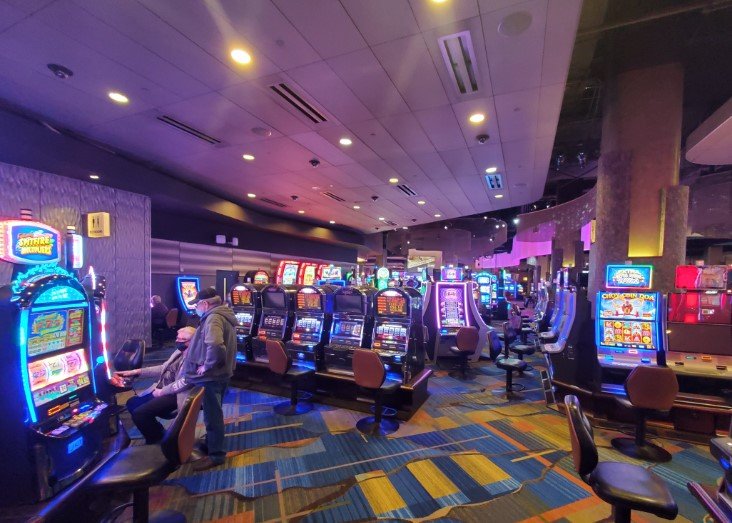North Carolina is facing a mounting crisis as gambling issues continue to escalate. Recent reports have highlighted the increasing prevalence of gambling-related problems in the state, raising concerns among policymakers and the public. This article delves into the key aspects of North Carolina’s gambling mess, the impact on the community, and potential solutions to address this growing concern.
The Escalating Gambling Problem
North Carolina has seen a significant rise in gambling activities, leading to a surge in gambling-related problems. The state’s relaxed regulations and the proliferation of gambling establishments have contributed to this issue. Many residents are finding themselves caught in the cycle of gambling addiction, which has far-reaching consequences on their lives and the community.
The increase in gambling activities has also led to a rise in financial difficulties for many individuals. Gambling addiction often results in significant financial losses, leading to debt and financial instability. This, in turn, affects families and the broader community, as individuals struggle to cope with the financial fallout of their gambling habits.

Moreover, the social impact of gambling addiction cannot be overlooked. Relationships are strained, and mental health issues such as anxiety and depression are common among those affected by gambling problems. The community as a whole suffers as the social fabric is weakened by the pervasive issue of gambling addiction.
Impact on the Community
The impact of North Carolina’s gambling mess extends beyond individual gamblers to the wider community. The financial strain caused by gambling addiction often leads to increased demand for social services and support. Families affected by gambling problems may require assistance with housing, food, and other basic needs, putting additional pressure on already stretched resources.
The rise in gambling-related problems also has implications for public health. Mental health services are increasingly needed to support individuals dealing with the psychological effects of gambling addiction. The strain on mental health services can lead to longer wait times and reduced access to care for those in need.
Furthermore, the community faces increased crime rates as individuals resort to illegal activities to fund their gambling habits. This not only affects the safety and security of the community but also places a burden on law enforcement and the criminal justice system. Addressing the root causes of gambling addiction is essential to mitigating these negative impacts on the community.
Potential Solutions to Address the Crisis
To effectively address North Carolina’s gambling mess, a multi-faceted approach is needed. One key solution is to implement stricter regulations on gambling activities. By tightening regulations and limiting the availability of gambling establishments, the state can reduce the opportunities for individuals to engage in gambling and develop addiction.
Another important solution is to increase access to support services for those affected by gambling addiction. This includes providing funding for mental health services, financial counseling, and social support programs. By offering comprehensive support, individuals can receive the help they need to overcome their gambling problems and rebuild their lives.
Education and awareness campaigns are also crucial in addressing the gambling crisis. By raising awareness about the risks of gambling and promoting responsible gambling practices, the state can help prevent individuals from developing gambling problems in the first place. Public education campaigns can also reduce the stigma associated with seeking help for gambling addiction, encouraging more individuals to access support services.

Comments